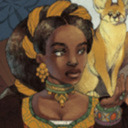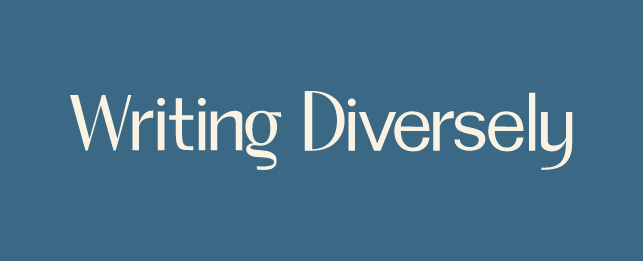Draco Roma
 Dreamer
Dreamer
Hello!
For one of my projects, i base a lot of the cultures in the world off of real world cultures. However, I do believe it's important to be as authentic as possible. I was wondering if anyone knew a way to find cultural consultants or would be able to help out with my work. Specifically I have characters who are from cultures inspired by ganda the Yakut people of Siberia (and apologizes if i got anything wrong there)
For one of my projects, i base a lot of the cultures in the world off of real world cultures. However, I do believe it's important to be as authentic as possible. I was wondering if anyone knew a way to find cultural consultants or would be able to help out with my work. Specifically I have characters who are from cultures inspired by ganda the Yakut people of Siberia (and apologizes if i got anything wrong there)

 Myth Weaver
Myth Weaver
 Istar
Istar Inkling
Inkling
